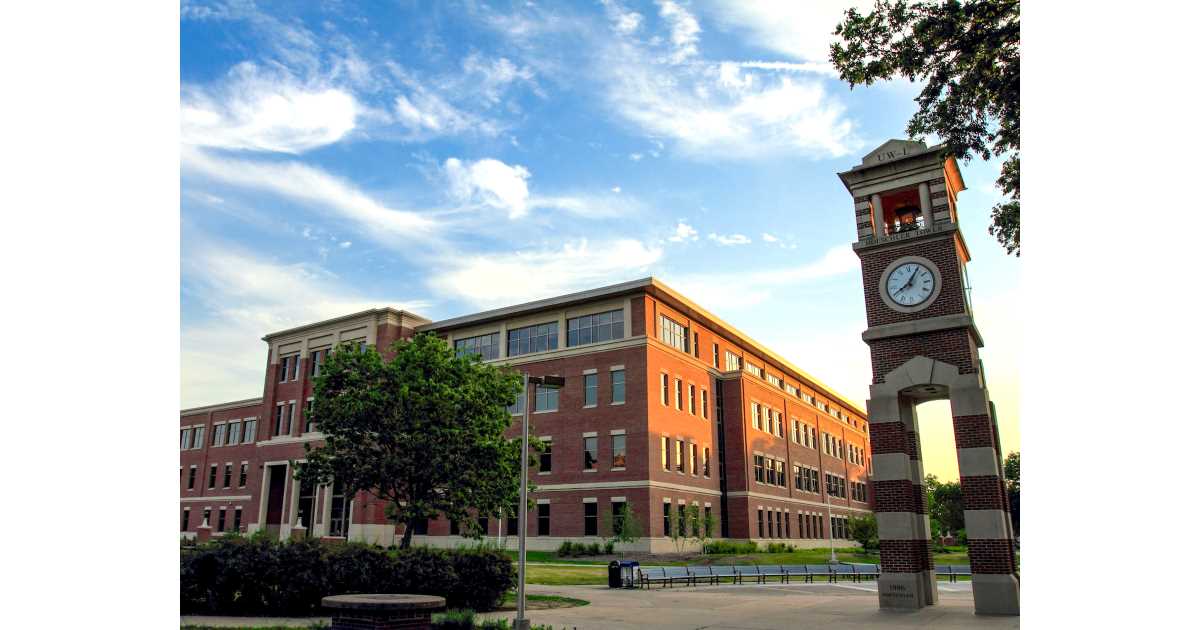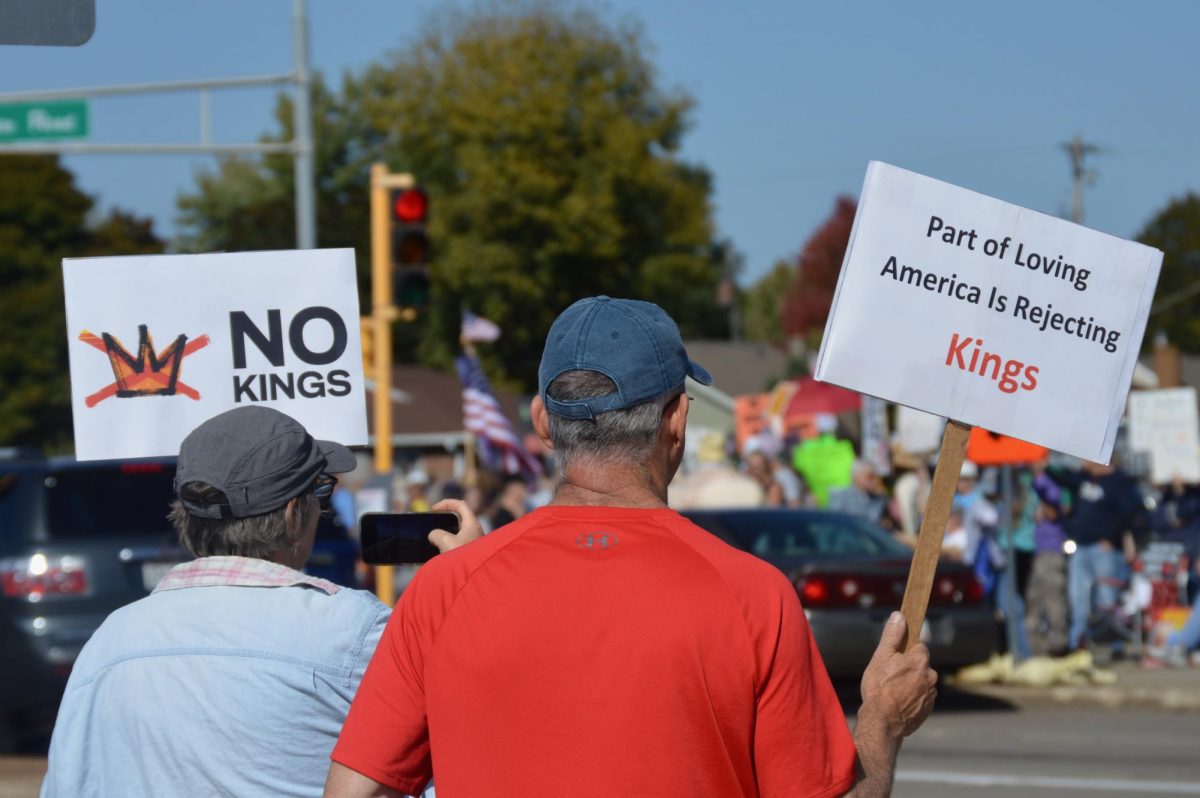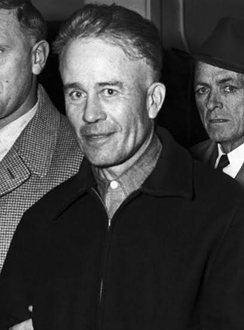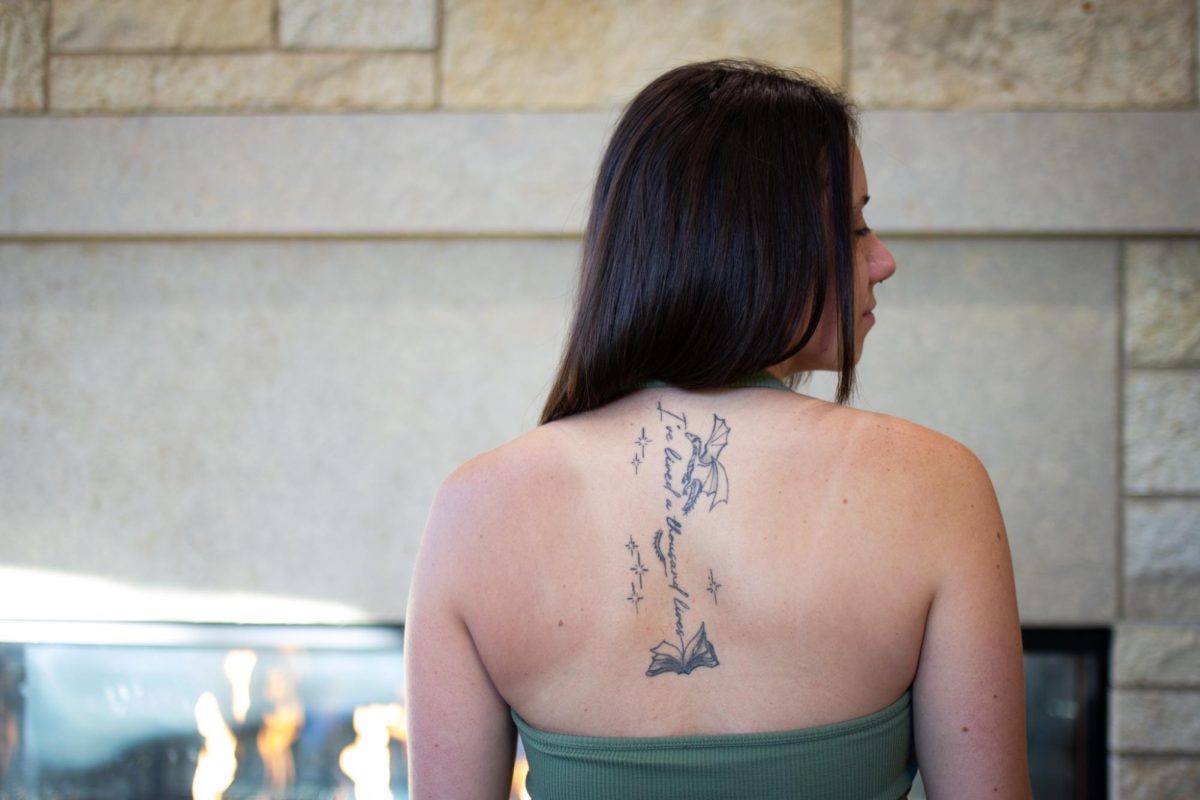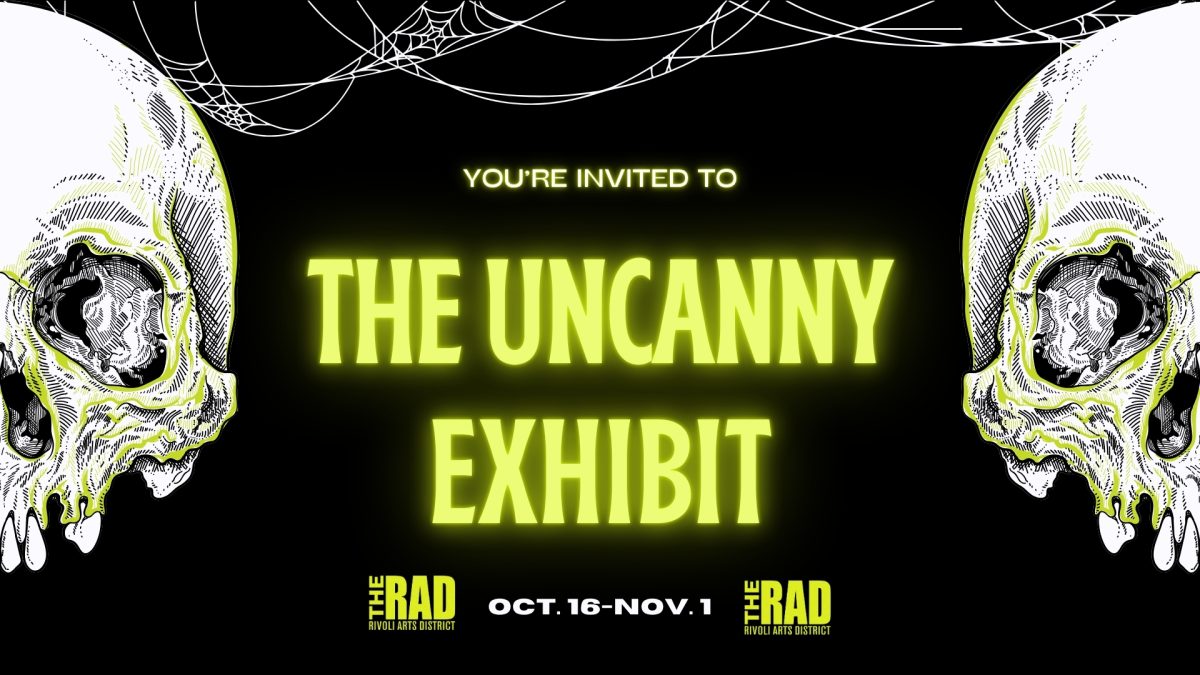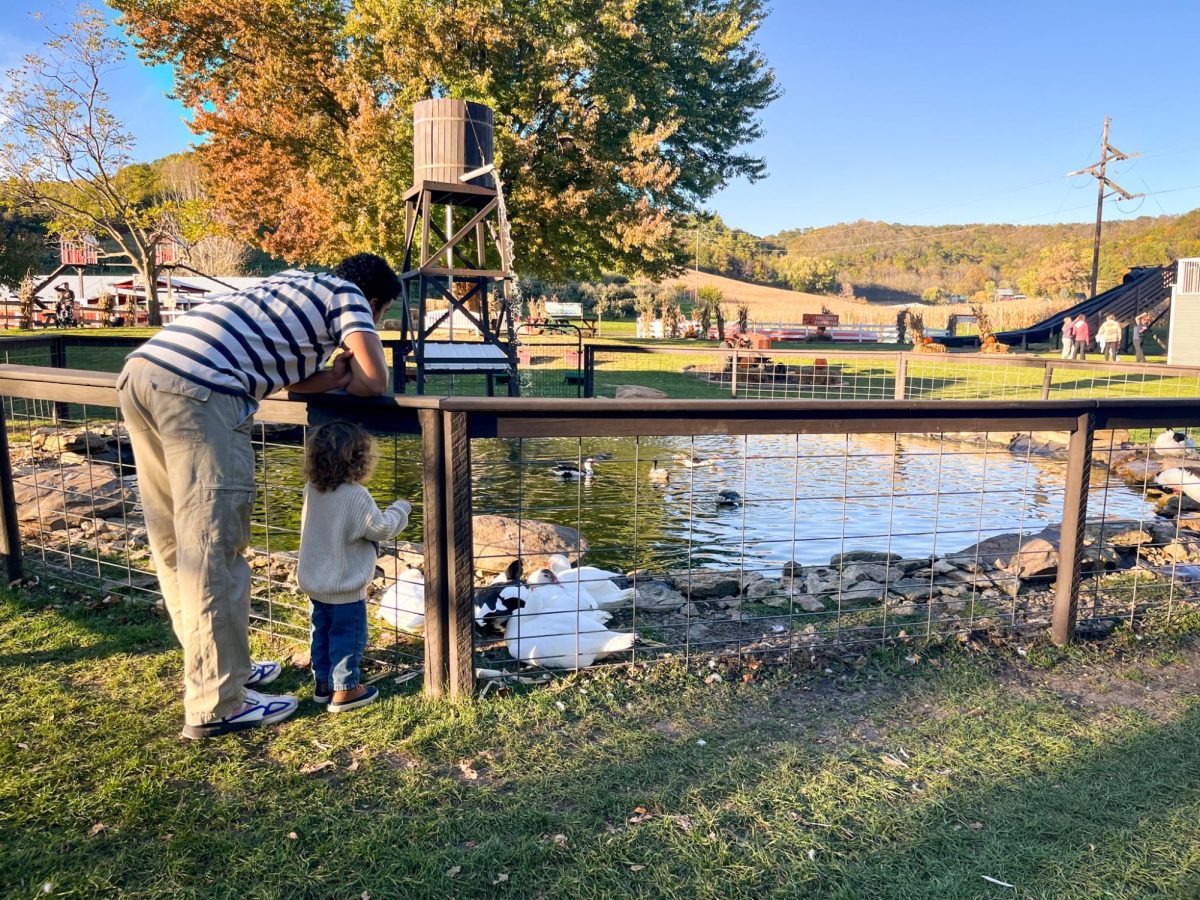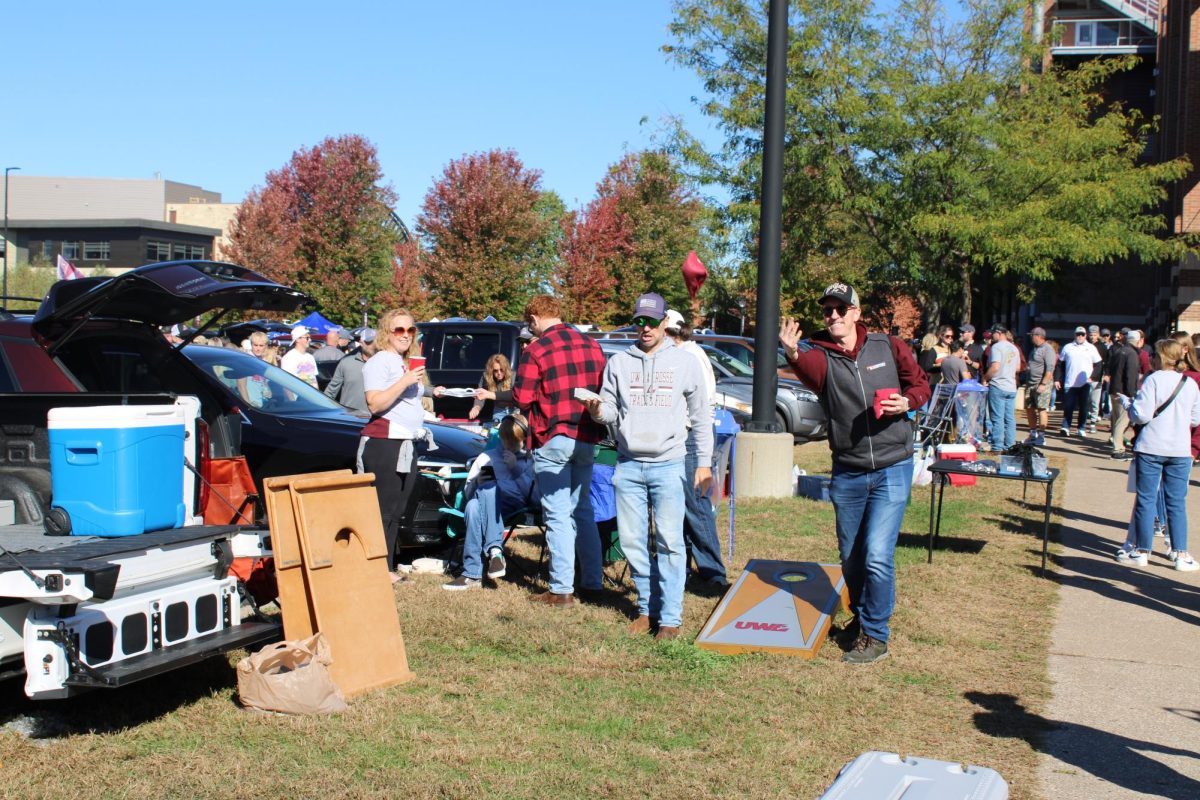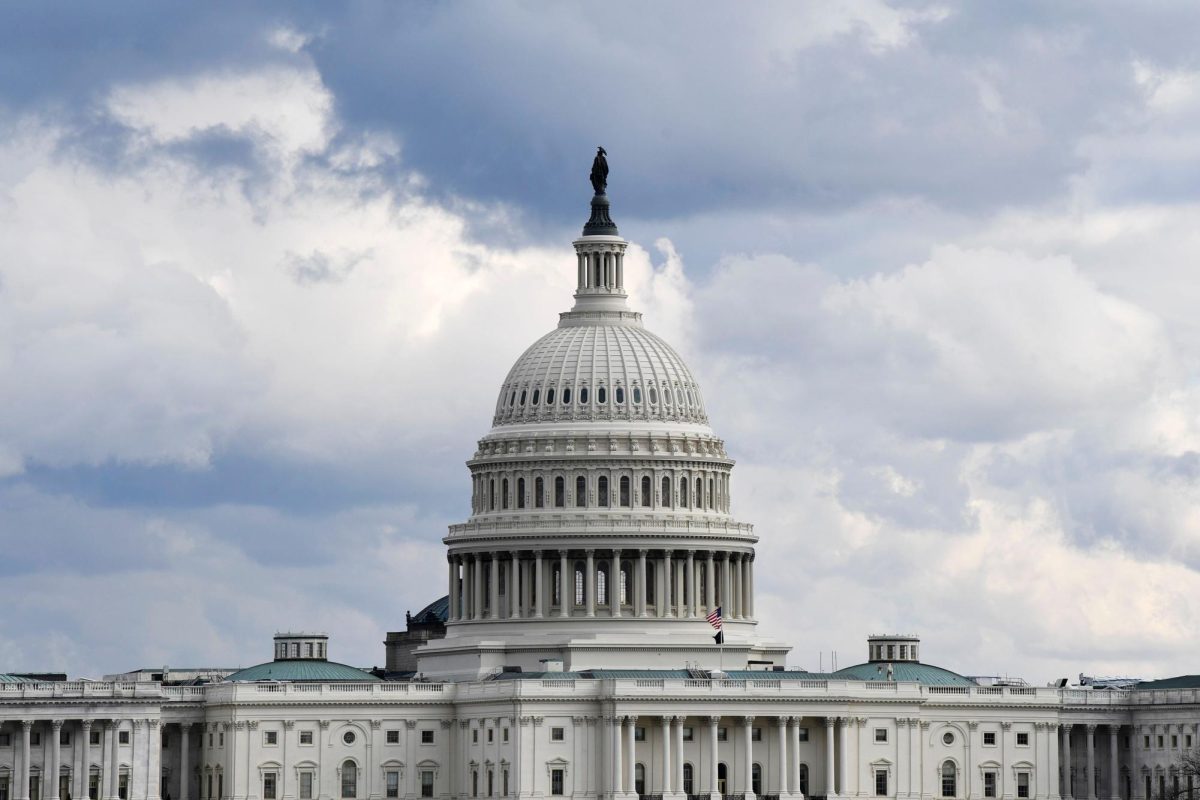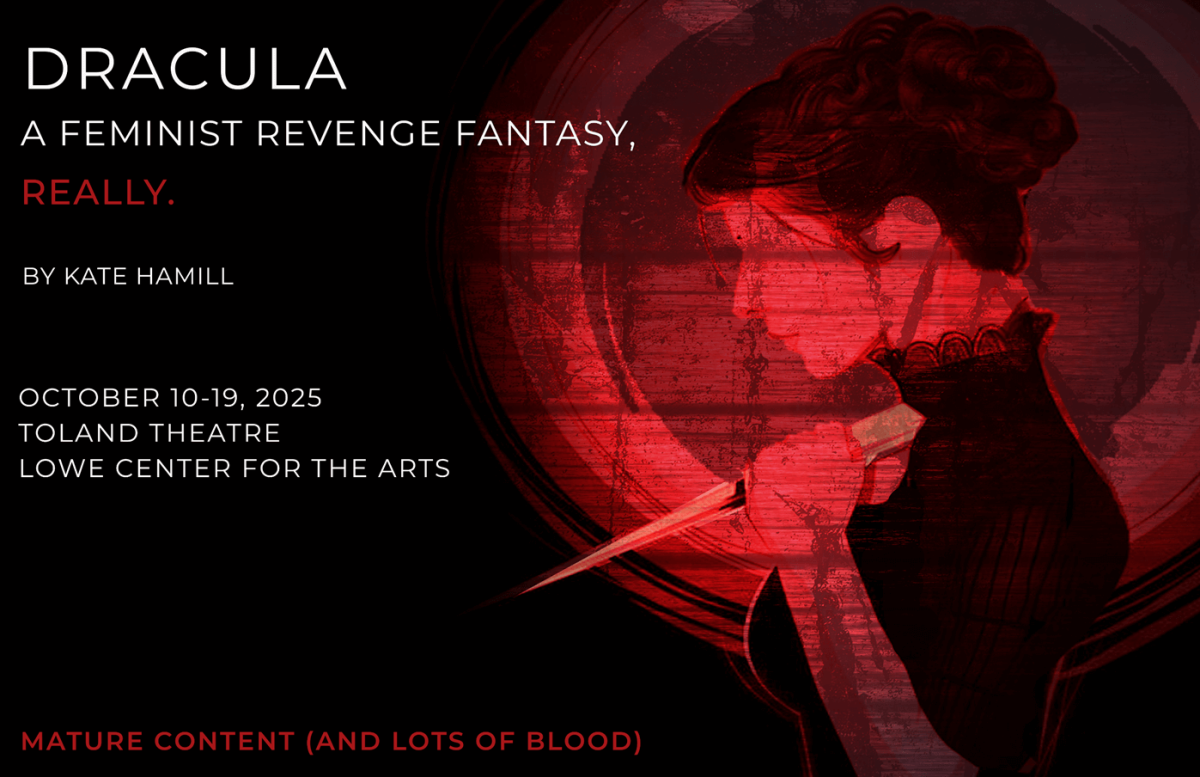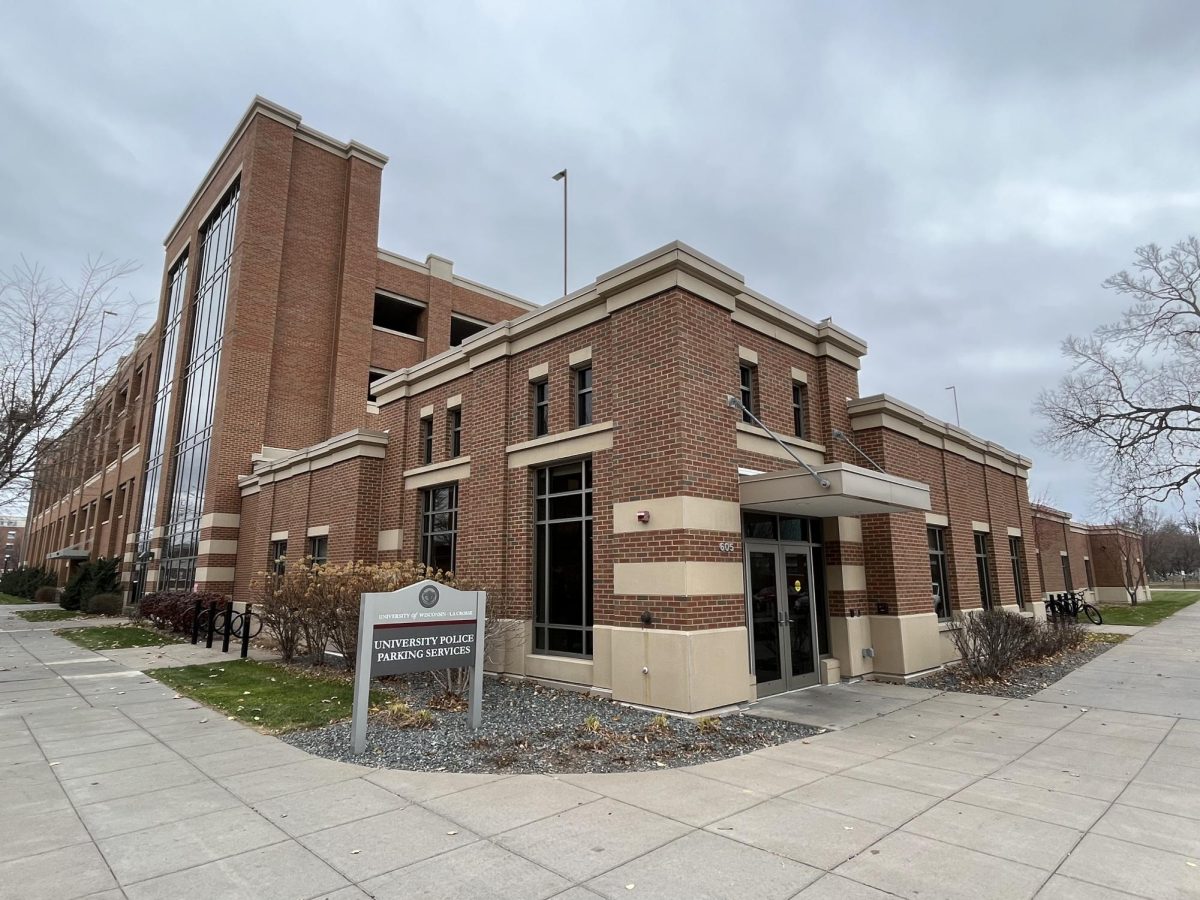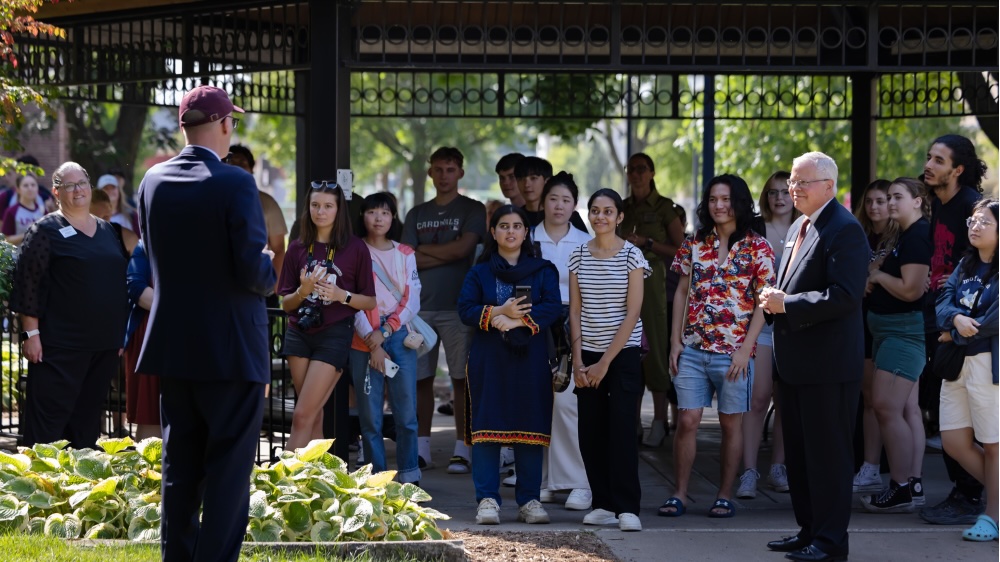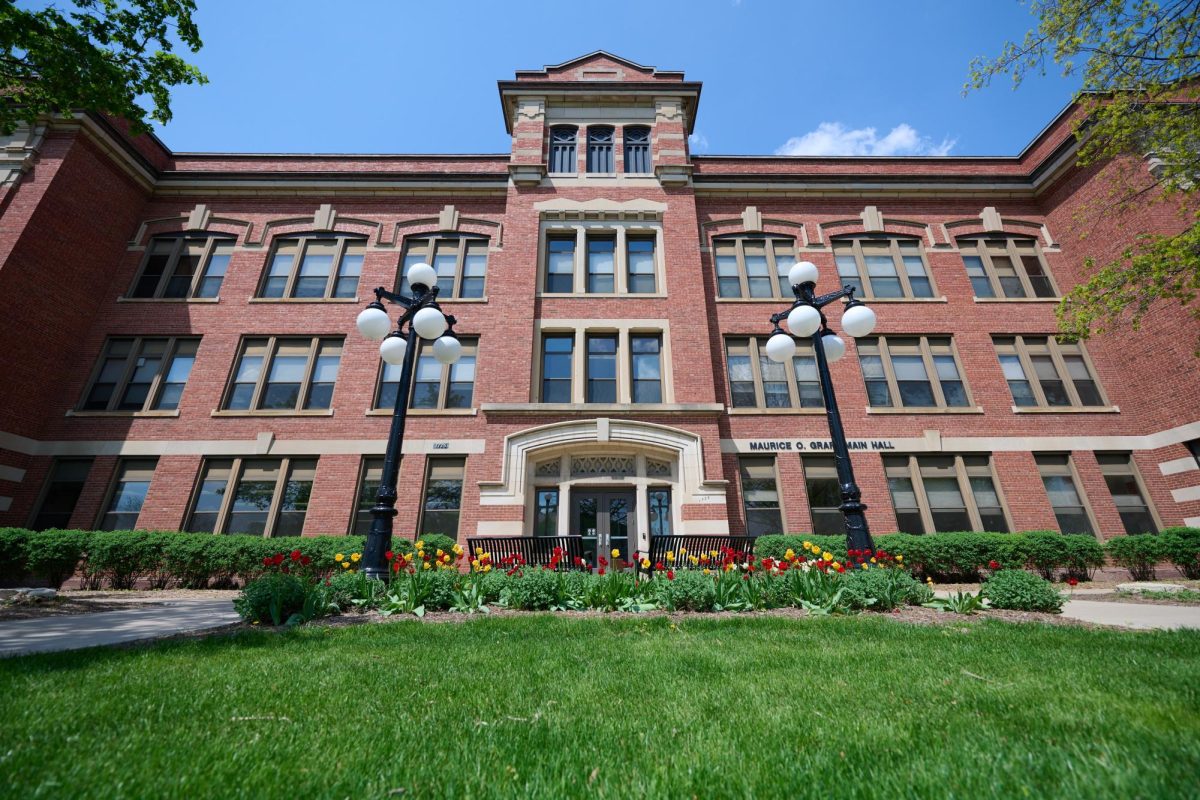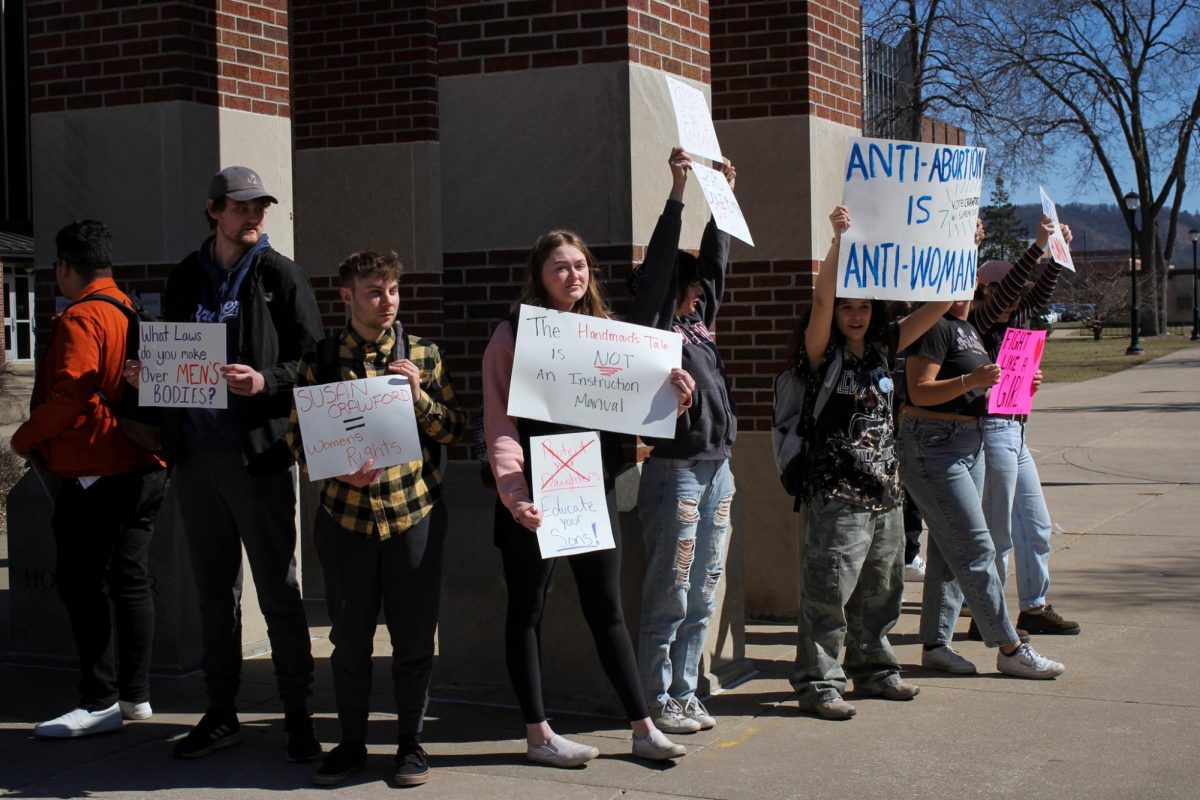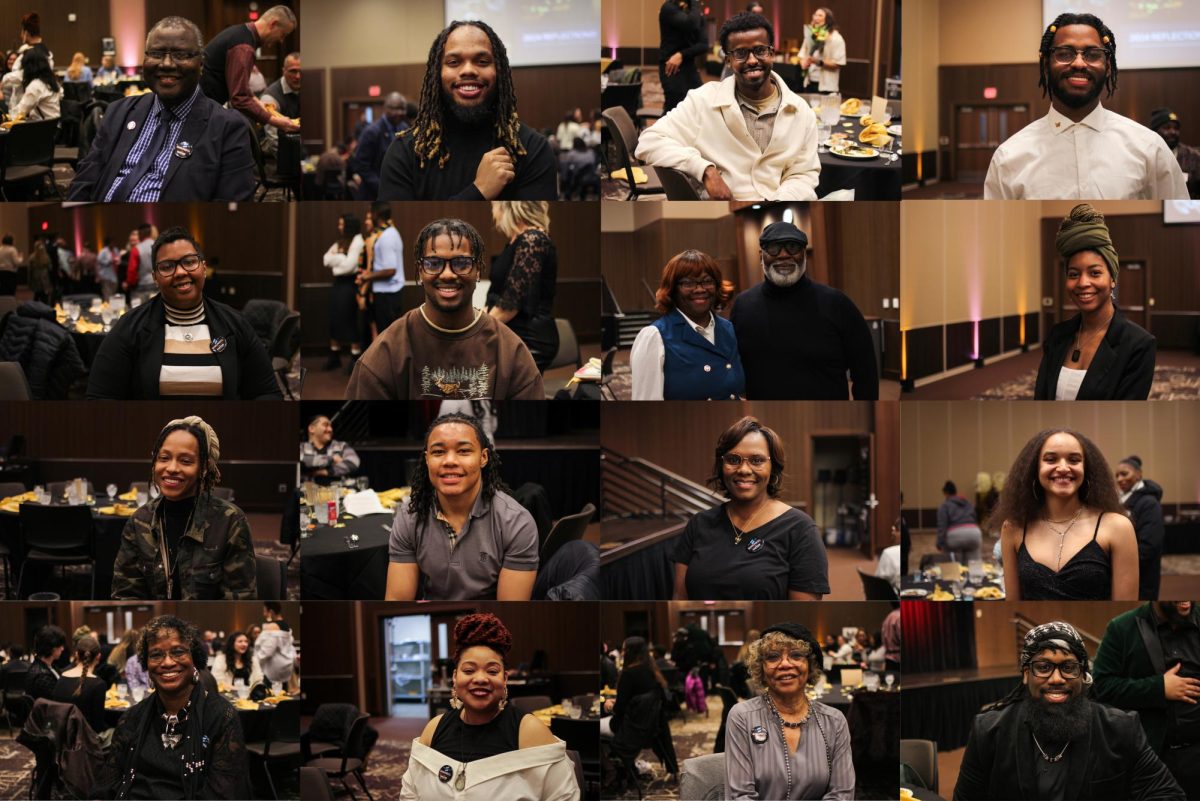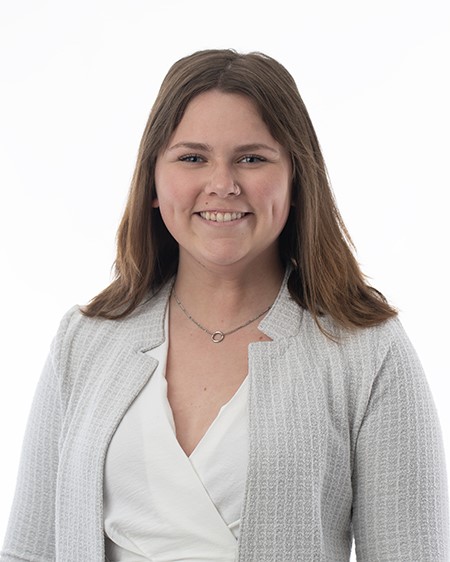Director of Counseling Services, Crystal Champion (she/her), has worked at the University of Wisconsin-La Crosse in the Counseling and Testing Center (CTC) for 10 years and has served in her current role since July 2022.
“We are the mental health providers on campus,” said Champion “The counseling services we provide are individual, group, workshop treatment, consultation, outreach and educational programming and provide crisis care.”
The CTC is run based on a triage model which is designed to see as many students as possible and provides a combination of both in-person and virtual services based on clinical recommendation, student preference and convenience.
As of January 2023, UWL has partnered with Mantra Health, a telehealth provider. Tele-mental health and well-being services were expanded for 12 UW System campuses (excluding UW-Madison, where another telehealth vendor was in use) through a systemwide contract signed in October. Services are covered through the 2024-25 academic year thanks to American Rescue Plan Act (ARPA) funds allocated to the UW System by Governor Tony Evers.
Champion said, “Mantra [Health] offers similar services to what we do with some different qualities. We refer to them as an extension of our services because they’re essentially very similar care, similar credentials, similar types of treatments and similar specialties.” Mantra Health offers hours during the night and on weekends, something that the CTC does not currently provide.
Mantra Health, while only virtual, has providers licensed in all 50 states; so if a student goes out of state, they can still access those services. The telehealth provider also allows students to search for counselors based on a variety of factors and identities that best fit their needs and wants.
Mantra Health is just one option the CTC offers to be more accessible for students. The CTC also offers Let’s Talk, which are drop-in and first-come, first-serve consultations. Let’s Talk is for students who aren’t sure about counseling, have a specific problem they would like to talk through or have a concern about a friend or family member.
Another service the CTC offers is urgent care which provides same-day care to students who are experiencing a mental health crisis. Champion said, “There is a counselor who sits in my office from 12 p.m. to 4 p.m. every weekday who is scheduled to attend only to crises and complications.”
She continued, “The longest a student will wait for crisis care would be to wait for the student ahead of them to get done talking with the counselor. It’s likely to be minutes to an hour. If it’s starting to get to be an hour, I will likely call in another counselor to help.”
Students experiencing crises outside of 12 p.m. to 4 p.m. have a variety of after-hours contacts they can reach out to for help.
Students who are unsure about counseling or what type of counseling would fit their needs are encouraged to reach out to the CTC to find a service that best works for them.
The typical wait for initial services (outside of urgent care) is two to fourteen business days, although there have been rumors around campus of a longer wait. Champion said, “I’ve had people tell me it’s a three-month wait….Anybody who hears it’s a three-month wait, I want them to call me.”
Champion also provided data regarding the CTC’s staffing from the Spring of 2019 to the present. The CTC’s highest level of staffing was during the 2021 to 2022 year. The lowest level of staffing was during the Spring of 2023 due to a large number of resignations during the Summer of 2022 and January of 2023.
Champion said, “I think our counseling center was impacted, as a lot of workplaces were, by people reevaluating during and after COVID-19 what their work-life balance should be like, how they want to show up in different spaces and what their priorities are.”
During that lowest level of staffing, the average wait time for a student seeking services was 10 calendar days. Now, the average wait for students is six calendar days. During the most intense times of the semester, specifically around Spring break, the CTC will typically have a two-week wait due to high demand and the loss of a week.
Champion said, “When people share information that isn’t accurate, it may dissuade students from reaching out for services that they would benefit from, and it prevents us from being able to expedite something.”
Students interested in counseling should expect a 2-14 day waiting period from the time they make the appointment until the time they are seen based on the severity of the situation.
“I would encourage students to be consumers of our care,” said Champion. “I would validate that [being hesitant to reach out is] really common…There’s a lot of human vulnerability to that which is hard to overcome,” she continued.
Champion said, “We are not necessarily the right place for all students to seek care and it would be irresponsible of us to say we can do any possible type of mental health care. But if a student believes we’re not the right thing, we might be able to help them find the right thing.”
The CTC has a case manager on staff to help students find the right fit for them if the CTC can not provide the services they need. There are counseling options both on and off campus that the CTC can help connect students with.
“Give us a try,” said Champion. The CTC is open to UWL students during the academic year and all interim breaks including winter break, summer and spring break. For more information, please visit the Counseling & Testing page.
Students interested in receiving services from the CTC can log into their MyHealth Portal or call 608-785-8073 to discuss options or schedule an initial appointment. If you or someone you know is experiencing an immediate mental health crisis, please call 911.
You are not alone.

